Tikondane Women Investing in VSLAs in Malawi
Members of Tikondane Village Savings and Loan Association (VSLA) group, like many other VSLAs in Balaka, needed to find a way to save and lend money within their group. “It is hard for people in rural areas to access finance from commercial banks. Being part of a VSLA provides members a chance to easily access cash even though it is a small amount of money, but interest rates are high, which limits the profitability of any business borrowing from the VSLA and leads to an increased number of defaulters.” Maureen Zakeyu, a community-based facilitator shared.
Realizing how hard it was for their VSLA to grow individual member businesses for its 21 members, Tikondane group, an all-women’s group, decided something had to change after they received support from Community Agribusiness Partners (CAP) in partnership with Financial Access for Rural Markets, Smallholders and Enterprise Programme Malawi (FARMSE). CAP received funding from FARMSE in 2023, to strengthen rural livelihood resilience for farming communities through greater and more reliable financial access at lower interest rates. The women were trained in VSL methodology which included developing a visionary journey, as well as financial and business management.
“The trainings opened our eyes. We realized the business opportunities that exist within our communities, and we decided to pursue them as a group. We were trained in soap making and decided to put our resources together to buy the ingredients to start making soap. We also developed a business plan for our group – we would purchase land and own a soap making factory - we are now working on making our dream become a reality. We hope that by doing all these things, we can save more money and provide loans to members at better interest rates.”
Sophia Dyson, another member of Tikondane group shared some hurdles that the group has faced impacting their steps towards achieving the desired goal. “We are engaged in several income generating activities that will help us realize our goal. This year, we planted an acre of groundnuts. Unfortunately, we have lost it all due to the prolonged dry spell, but this has not deterred us. We have lost as a group, and we will put our resources together again and find other businesses we can do.” Said Violet Ajibu, Chairlady of Tikondane VSLA. The safety net of being in a VSLA has made the failure less detrimental, as the burden is spread across so many people.
Tikondane VSLA meeting
CAP has linked Tikondane group with Sunbird SACCO, a well-known private financial institution that offers savings and loan products, to allow them to start saving money. The hope is that eventually they’ll be able to access larger loans that will boost their business. Sunbird SACCO promotes a saving culture among its members through savings mobilization and the provision of affordable and flexible financial products and services. CAP has also linked the group with Concern Universal Microfinance Operations (CUMO) which has provided Tikondane with MK1,200,000.00 to enhance their group business.
Tikondane group is just one of the 2,183 groups that CAP is working with in partnership with FARMSE. The two-year project is supporting Community Based Financial Organizations in (CBFOs) Machinga, Balaka, Ntchisi, Nkhotakota and Kasungu. The aim of the project is to improve access to credit thereby improving sustainable climate-smart production of staple, cash, and dietary crops, extending financial inclusion, value chain integration, and strengthening regional agricultural markets. The project is directly reaching 38,097 rural households and indirectly reaching more than 163,000 individuals engaged in the soy, maize, groundnut, poultry, and aquaculture value chains. Long term, this project and partnership with rural community groups will enable sustained access to financial resources, enabling growth in the agriculture economy driven by farming communities.

